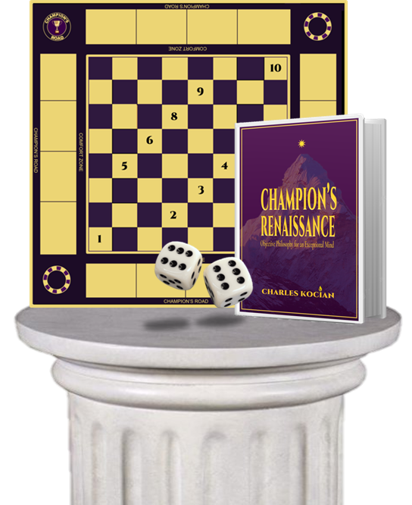
(Answer at the end).
TECHNOLOGY
By Charles Kocian
On Thursday January 11, 2024 South Africa accused Israel for committing genocide against Palestinians in Gaza. The case was presented in the International Court of Justice (ICJ). Although the rulings by the ICJ are morals, they are also legally binding, but the court cannot enforce them. Anyways, 15 judges of the ICJ will have to pronounce a moral verdict soon, based on facts and their own intellectual honesty. But what is most amazing is that the hearing, although it was transmitted live and recorded in YouTube, it was ignored by main stream media. All of this instant communication of information wouldn’t be possible without microchips and satellites.
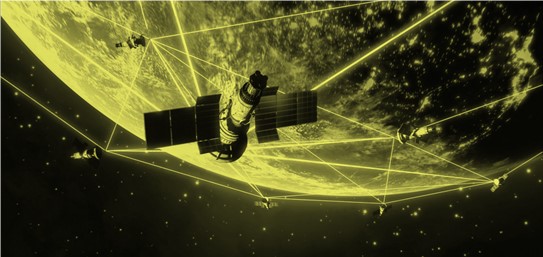
Man’s discovery of the silicon chip allowed him to produce computers, satellites and Internet. But in 2022 only around 60% of the satellites orbiting the Earth were active, although 155 launches happened that year. The Index of Objects Launched into Outer Space, maintained by the United Nations Office for Outer Space Affairs (UNOOSA) says that there were 8261 individual satellites orbiting the Earth in 2022. Of all these satellites 3135, were for communications; 1030, for Earth Observation; 385, for Technology & Development.
As we can see, the majority are for communications. A quick expansion of communication also happened in the Renaissance with the invention of the printing press.
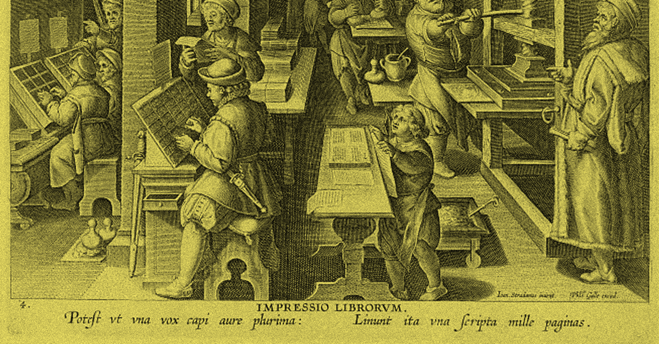
Indeed, accordingly to Wikipedia: “The rapid economic and socio-cultural development of late medieval society in Europe created favourable intellectual and technological conditions for Gutenberg’s improved version of the printing press: the entrepreneurial spirit of emerging capitalism increasingly made its impact on medieval modes of production, fostering economic thinking and improving the efficiency of traditional work processes. The sharp rise of medieval learning and literacy amongst the middle class led to an increased demand for books which the time-consuming hand-copying method fell far short of accommodating.” The printing press allowed Luther to spread its ideas in the Renaissance and also Galileo used that technology to publish its Dialog. But in ancient Greece the technology available to spread truth and ease human communication was the papyrus.
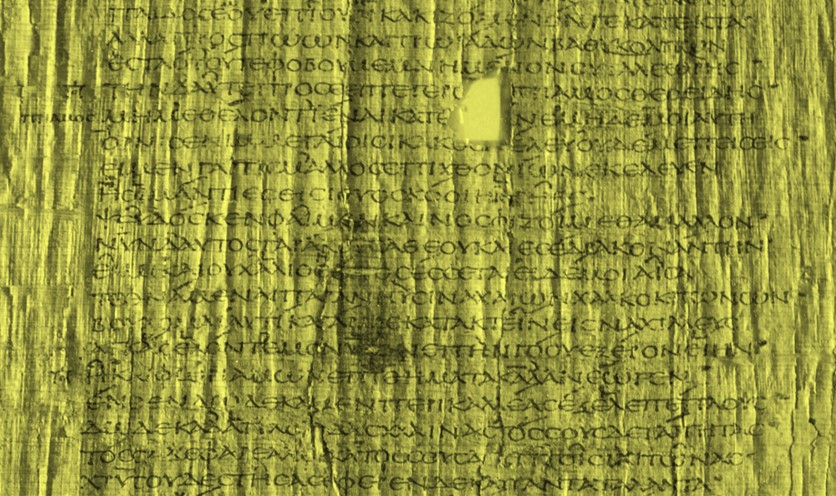
The ancient Greeks wrote on papyrus using a bronze pen and ink of lampblack diluted in water to produce many legal documents, such as marriages, contracts and nation treaties, but also were used for literature. For instance, the oldest Ptolemaic fragment of the Odyssey is written over papyrus. It is a physical testimony that this famous work existed in the third century B.C. But the greatest collection of papyrus books were in the library of Alexandria and, because Homer was the poet par excellence, the library contained copies of the Homeric works for other city-states.
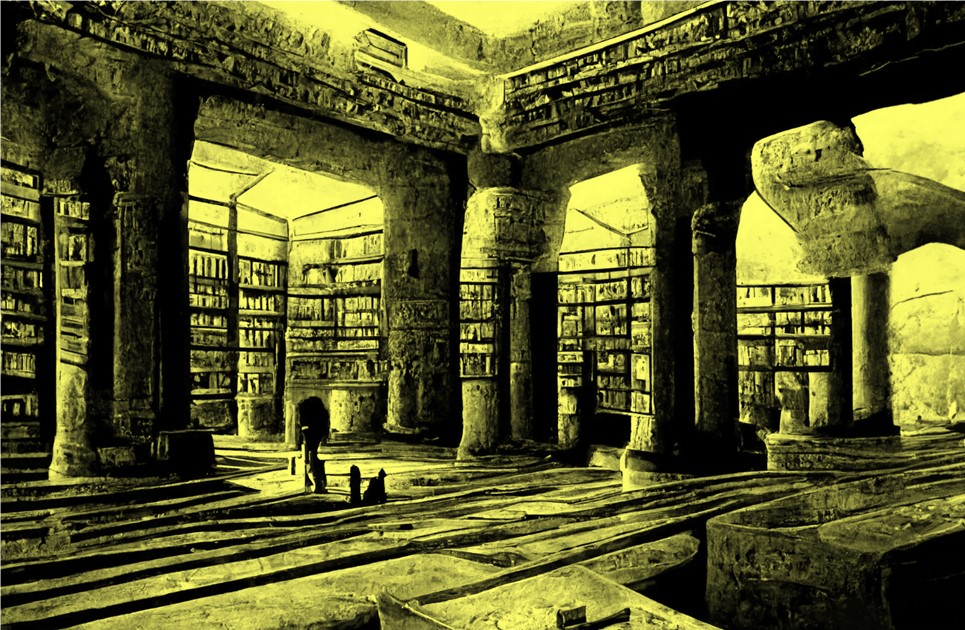
Alexandria Library.
CONCLUSION
Since man descended from the trees and learn to observe the world, he learned to think and create tools. He modified its environment to its desires from the agricultural to the industrial revolution. But the ruled and rulers were not always interested in moral progress. Many times the former, were abused by the later, and sometimes the later committed genocide. Is this happening in January of the year 2024? The International Court of Justice will soon say, hopefully based on facts and intellectual honesty. What follows is the conclusion of this post.
Although technology always grows, it doesn’t assure man moral progress, because personal choices depends on how you educate yourself in philosophy and, if you don’t self-educate yourself on this at all, be sure propaganda will and, with ignored premises, your destiny will be of a sleeping man.
Now the answer to question 86.
QUESTION N° 86
Does the virtue of productivity adapts nature to man?
a) Yes
b) No
The answer is: a) Yes. The productive man produces with his mind and adapts nature to his desires, but obeying it first.
Leave your coments here.
